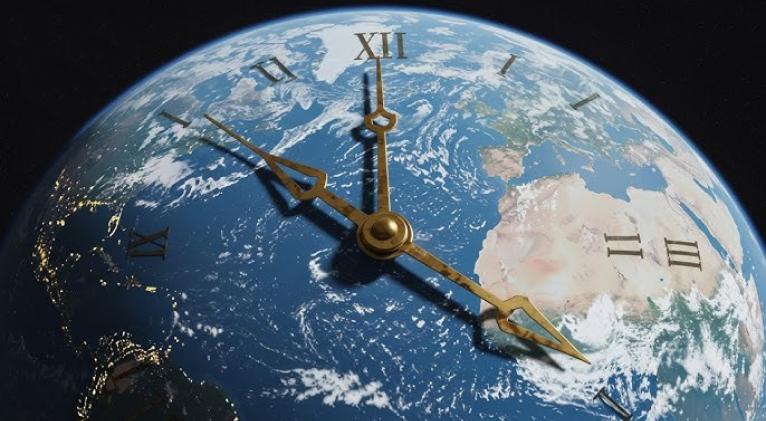
USA, July 22 – Planet Earth is spinning faster. The most recent measurements, confirmed by high-precision atomic clocks, indicate that between this July 22 and next August 5, we could experience the shortest day in history.
The speed at which our planet spins is not a new phenomenon, but it is gaining unprecedented intensity. According to specialists linked to NASA and other scientific institutions, the Earth's rotation is accelerating unusually, and it is expected that between those days, the planet will make complete rotations up to 1.6 milliseconds faster than the 86,400 seconds that define a typical day.
This accelerated rotation trend was first observed in 2020, and although it may seem insignificant—a human blink takes approximately 100 milliseconds—in the language of planetary time, the difference is abysmal.
The Earth's rotation has never been perfectly constant. Over time, gravitational, tectonic, and atmospheric forces have influenced its speed. But since 2020, records indicate a clear and increasing trend toward shorter days.
Scientific consensus indicates that the causes of this acceleration can be related to multiple factors: from dynamic interactions in the planet's inner core to the redistribution of mass due to the melting of the poles and the drainage of underground aquifers.
The last two possible reasons, associated with global climate change, added an average of 1.33 milliseconds per century between 2000 and 2018, although the recent trend is in the opposite direction. (Text and Photo: Cubasí)